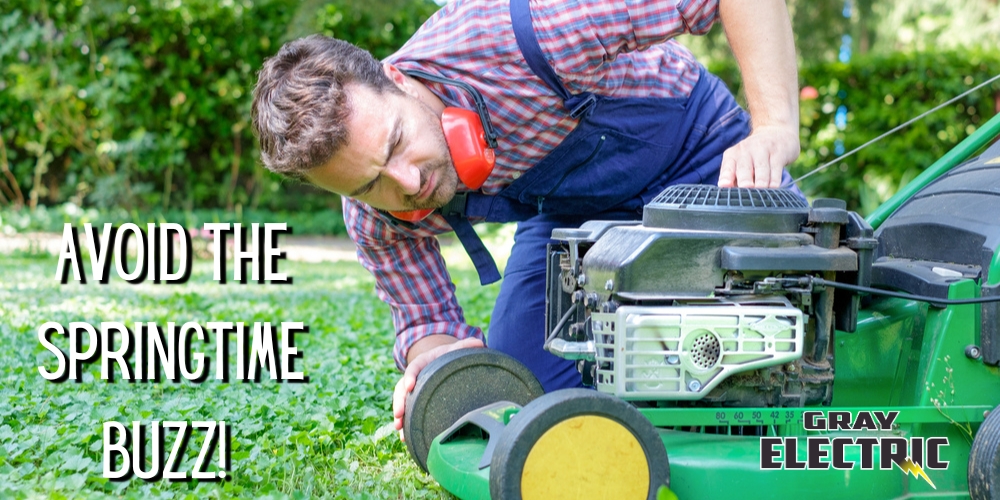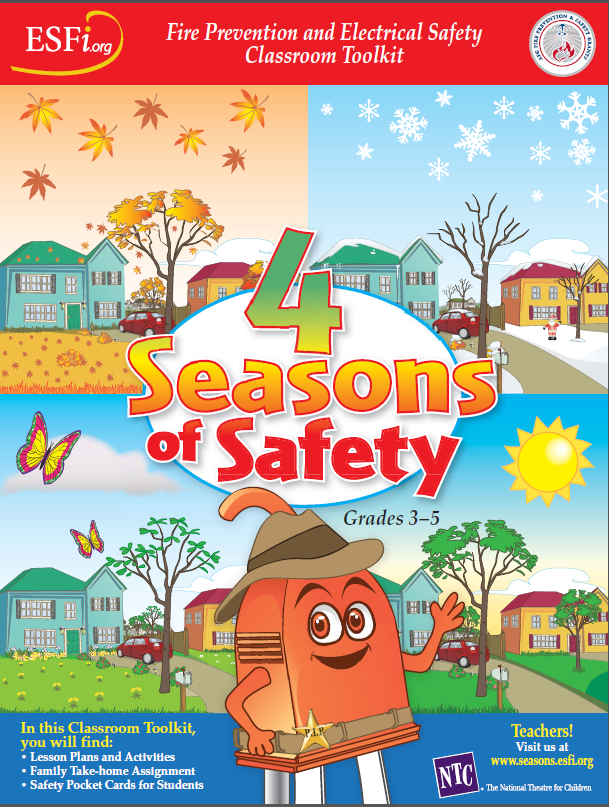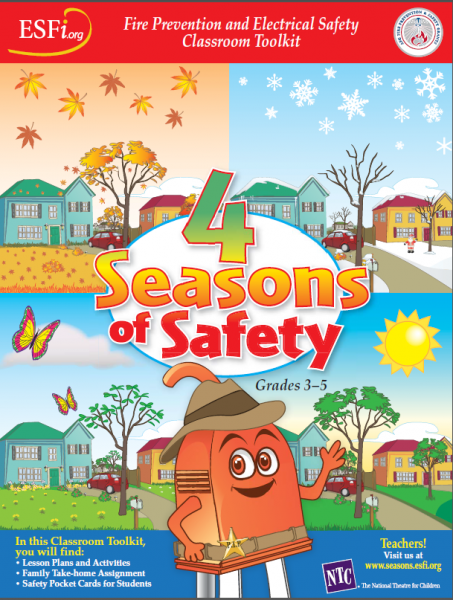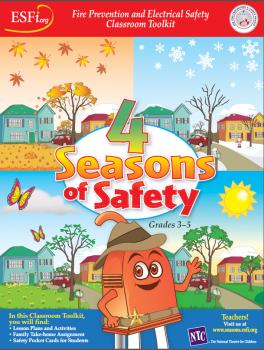| April Showers May Bring A Little Extra Buzz to Your Backyard |
| Warmer, longer days can mean only one thing: spring has arrived. Springtime is an uplifting season — the birds and pollinators return, flowers bloom, and trees sprout vivid green leaves along their branches. Enjoying better weather also means we can spend more time outdoors after bundling up at home all winter. Over the few decades, hoses, lawnmowers, extension plugs and the like have made gardening tasks a much easier prospect, but gardening safety rules are a must-know for everyone. As with all electrical appliances, there can be safety hazards when using any electrical tool in the garden. When dealing with exterior garden electrics you must consider the weather, and how temperamental it can be in Wisconsin. Gray Electric can assist you the best we can in staying safe when using electronic equipment. Electric gardening tools are a blessing – but they can also be a curse. They make the process of gardening so much easier and quicker. However, the flipside comes with potential risk from electrical shocks caused by the climate, not following the manufacturer’s instructions and other forms of damage that occurs only outside. Now that the weather is warmer and people are spending more time outside, it’s important to make sure certain electrical components are functioning properly and you are practicing good habits around electrical items both inside and outside of the home. Focusing on electrical safety awareness can help ensure you are not injured due to an electrical malfunction. According to the Electrical Safety Foundation International (ESFI), thousands of people in the United States are critically injured or electrocuted as a result of electrical fires and accidents in their own homes. Here are some simple safety rules to remember: Ladders of every material should not come in contact with a power line, as it may result in a serious injury or death. Keeping a 10 feet distance from an overhead power line is a good rule of measure. If your power tools are not being used, make sure to unplug everything. If not, it’s possible for the tools to overheat and cause a fire. Check for damaged cords on power tools. It is important to check if the cord is frayed or the plug is broken. This makes the tool dangerous to operate. Avoid wet areas while using any electrical item. Be aware of your surroundings, being sure to check for a running hose or sprinkler. Wet grass is particularly an issue. Teach kids to never fly a kite or climb a tree near a power line. If a kite gets tangled in overhead power lines, don’t try to remove it yourself. Kite string can conduct an electrical current, which can cause serious injuries or death. Call 811 before you dig so underground utility lines can be properly marked. This free service is required by state law, and should be done at least two business days before the digging begins. All electrical lines and equipment should be treated seriously and with caution. Needless to say, the main culprits in the gardening world is the very equipment that keeps our gardens looking their best – mowers and hedge trimmers. Between them, they are responsible for 1000’s of electrical injuries every year in the US. Warnings on product packaging and instructions help make it very clear on how the equipment should be operated in order to prevent electrical injury and shock. Do you read the instructions? Many people admit to not reading the instructions with 18% of men saying they never read safety instructions compared to 13% of women (yes ladies you’re onto a winner here!) Without fully understanding how the equipment operates, particularly if a problem has developed leaves you at a greater risk of injury. 41% of men who regularly carry out gardening admit to having had a gardening accident on at least one occasion, this is twice as many as the number of women. Avoiding these common accidents Cutting through the electrical cable on a lawn mower or hedge trimmer is the most common electrical accident reported in the garden with over 25% of overall cases reported involving this type of accident. Unfortunately, live cable can cause electrocution which in some cases can be fatal as well as risking a serious injury caused by electricity. Not a good end to an afternoons gardening. Of course, mistakes can and do happen, however there is something that you can do to prevent electrical injury and death and that is to ensure you are protected by an GFI. Gardening Safely Electrical equipment such as mowers and hedge trimmers should not be used in wet or damp conditions. Always check before use that the equipment has not been damaged by water before using it. Always switch off electrical equipment when not in use or when carrying out maintenance. Lastly always think about where your electrical cable is when using the equipment. If you need any advice about the dangers of electricity, feel free to drop us a line here at Gray Electric. It is better to be safe than sorry. Transformer Safety You may have a green metal box near or in front of your home. These are called padmounted transformers and are a key part of the electrical system that delivers power to your home. They are only found in areas where electric service is buried underground. Planting shrubs or tress too close to these boxes creates a hazard for linemen. At times, crews need quick access to unlock and open the cover. Two examples of this are in a power outage when linemen need to access the equipment inside, or in the event of a fire at your home, when power would need to be turned off. When considering landscaping near electrical equipment, please keep these guidelines in mind: Always maintain a clearance of 10 feet in front of the transformer. This is the side with the lock, generally facing the front of your house. Maintain a clearance of 4 feet on the other three sides of the transformer. Never dig beside the transformer. Adequate space is needed for air circulation around transformers. This allows heat to escape during hot weather and extends the life of the equipment. Please do not cover this equipment in any way. Keep these safety tips in mind next time you bring out the power tool (or any electrical appliance) for a bit of spring maintenance in your garden. |



 Make learning about electrical safety fun! Each season of the year has unique fire and electrical safety dangers that are related to common seasonal activities. The 4 Seasons of Safety program includes tips, lessons and activities that help students learn about basic fire and electricity concepts while also providing critical safety information that helps them learn to identify and prevent the fire and electrical safety hazards. We also encourage you to
Make learning about electrical safety fun! Each season of the year has unique fire and electrical safety dangers that are related to common seasonal activities. The 4 Seasons of Safety program includes tips, lessons and activities that help students learn about basic fire and electricity concepts while also providing critical safety information that helps them learn to identify and prevent the fire and electrical safety hazards. We also encourage you to 







